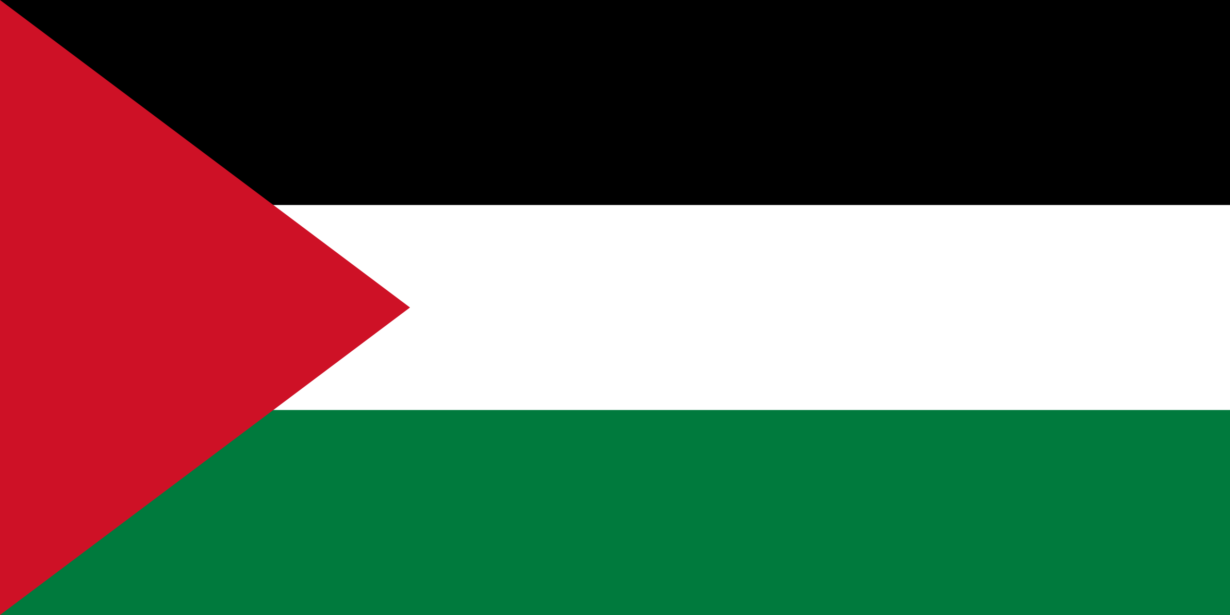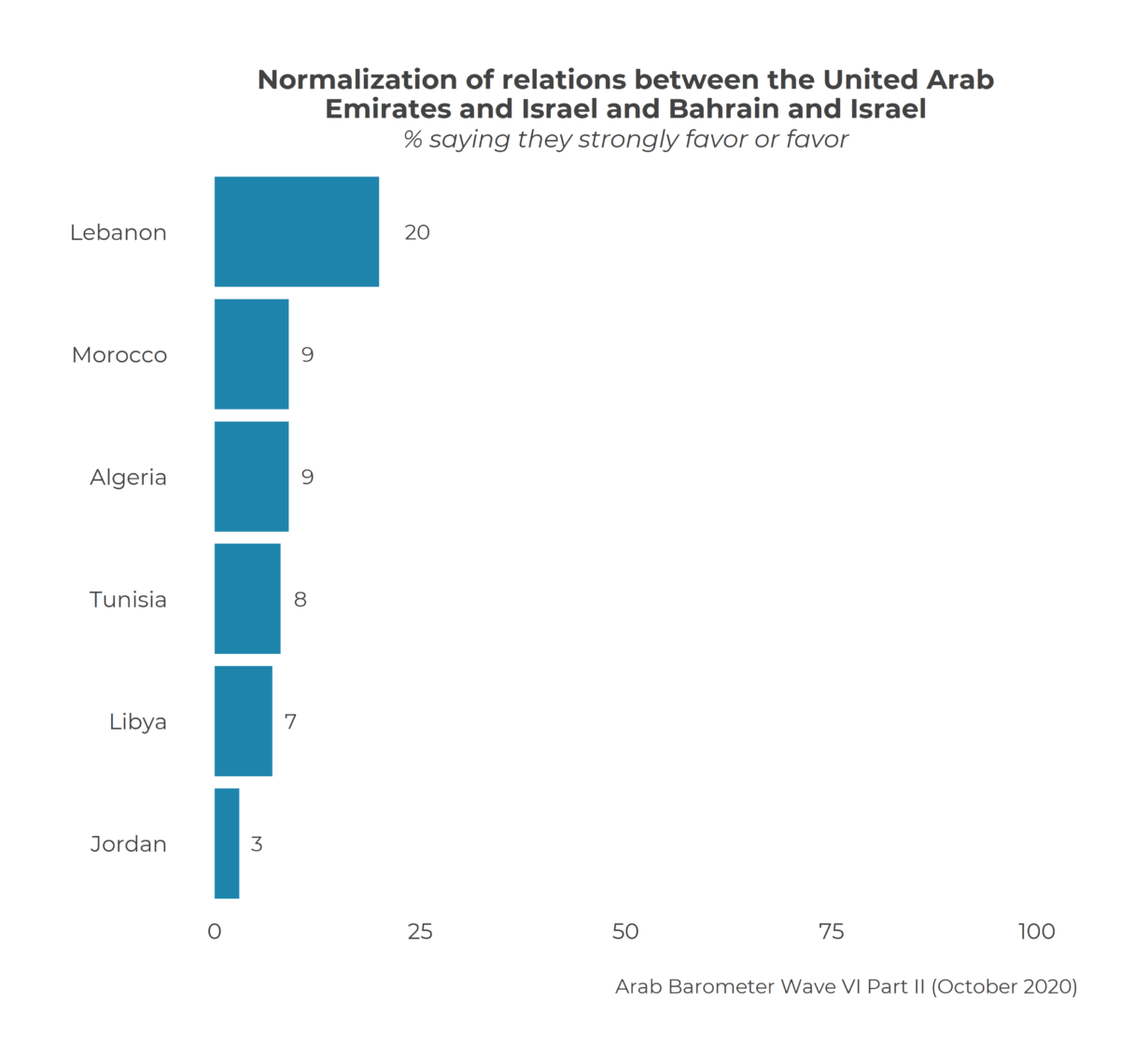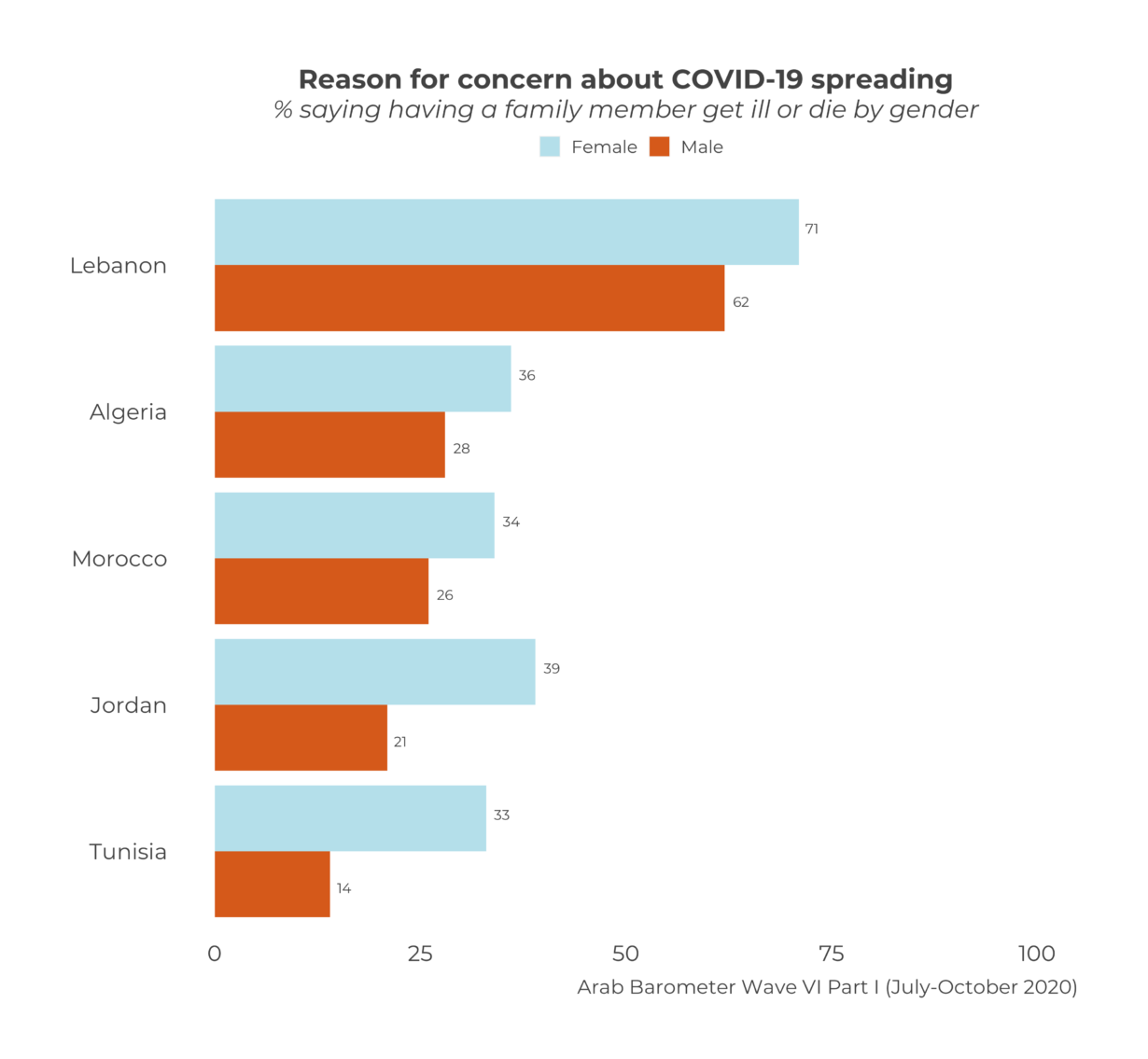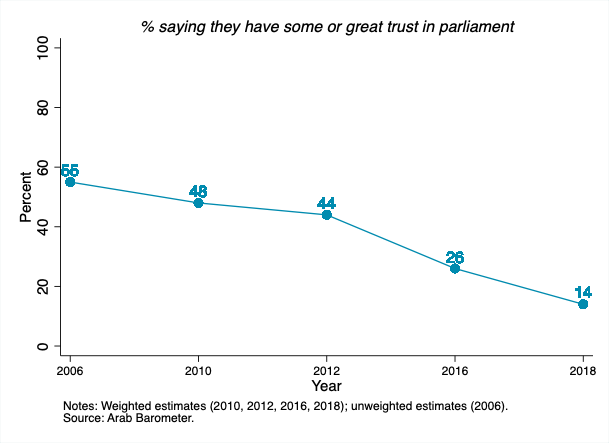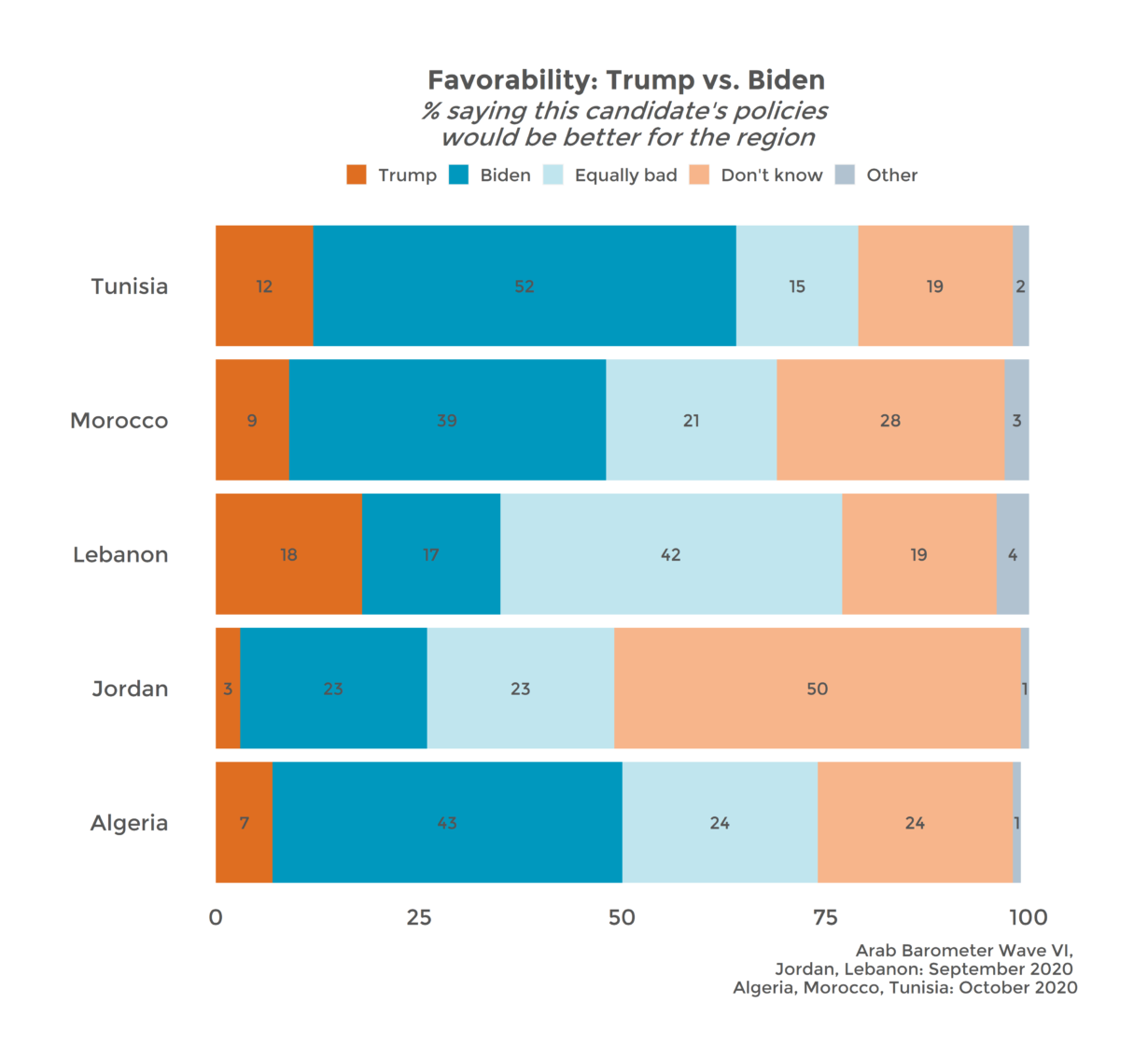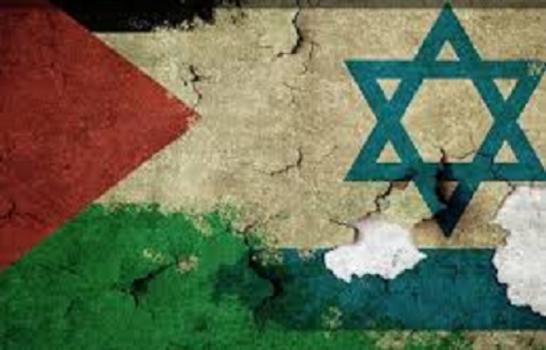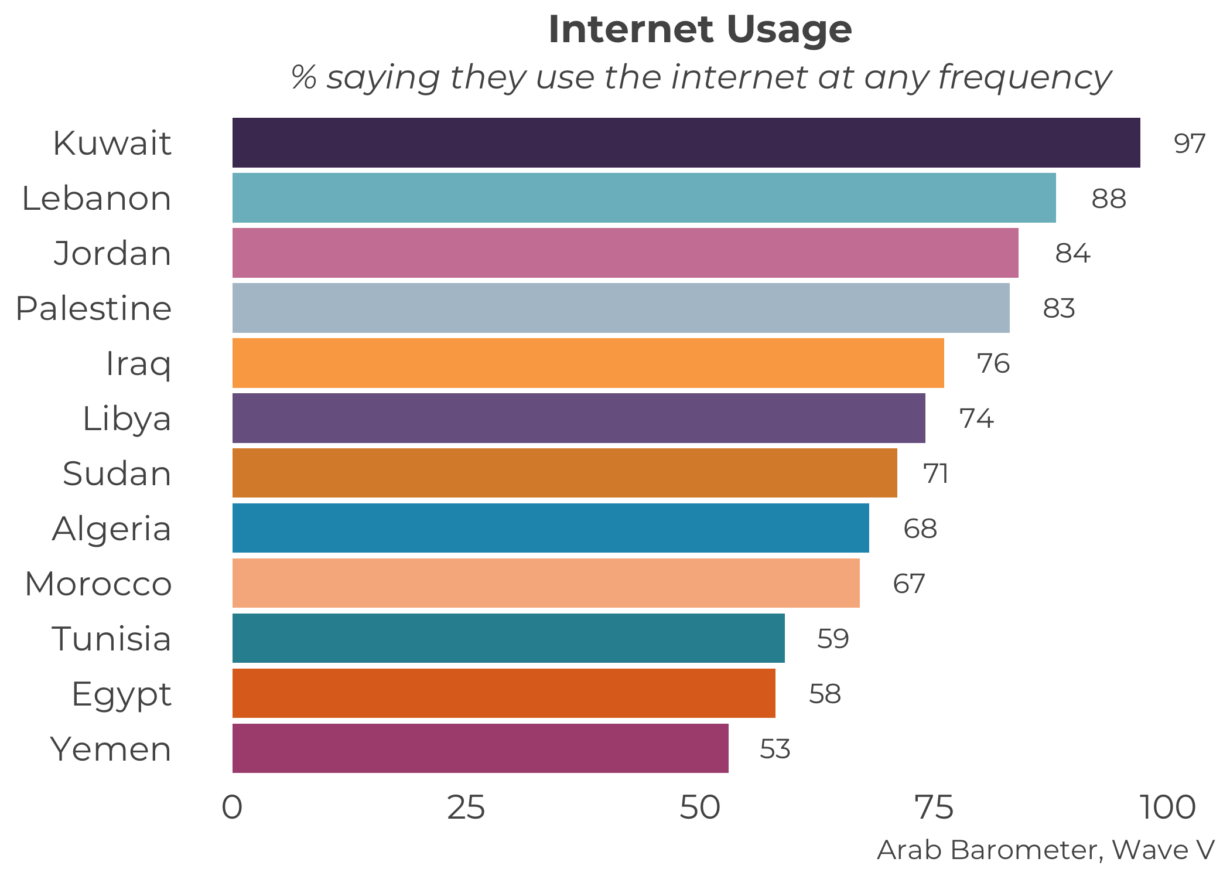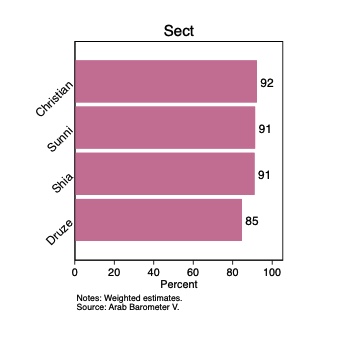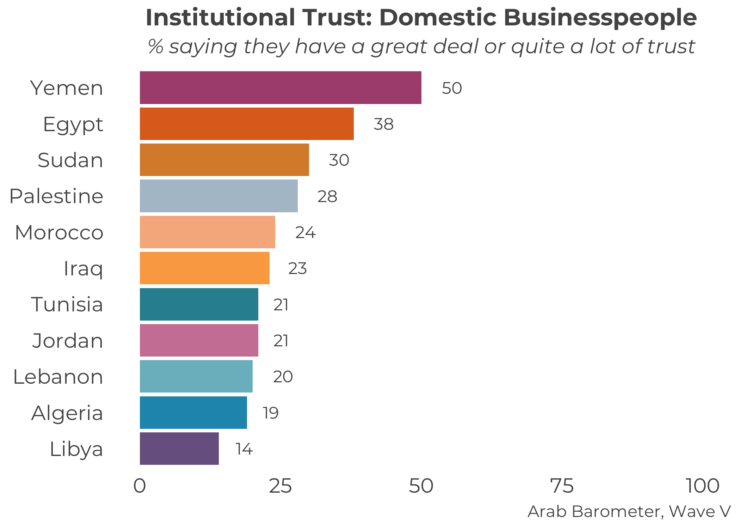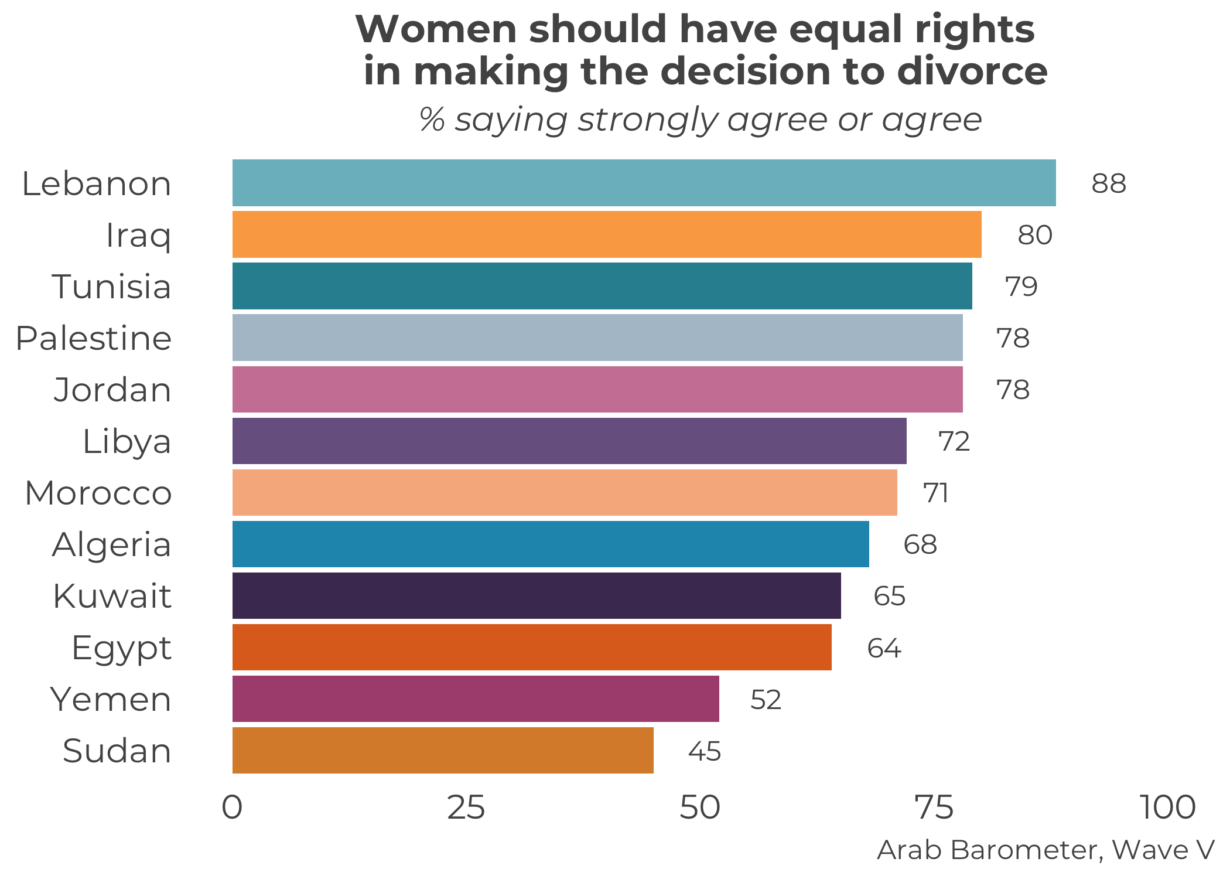Two thirds demand the resignation of president Abbas amidst a split around the resumption of coordination with Israel, with a majority expressing the view that Israel came out the winner, and fearing the step could expand Arab normalization deals with Israel and reduce the prospect for reconciliation and the holding of elections. However, the majority expresses optimism about the Joe…
Taking Arabs’ Pulse on Normalization of Ties with Israel
On December 10, Morocco became the most recent country to initiate the normalization of relations with the State of Israel, following examples of the UAE, Bahrain, and Sudan earlier in 2020. These peace treaties have broken a long-standing impasse with Israel across the region and will change the direction of international relations within MENA. While governments are actively engaging Israel,…
COVID-19 Magnifies Pre-Existing Gender Inequalities in MENA
COVID 19 is being perceived as a disruptor, an accelerator and an agent for innovation and advancement in various fields across the world. Yet, its impact has been a decelerator for women’s rights and gender equality globally. The UN Deputy Secretary-General Amina Mohammed warned that without immediate action, “the pandemic could set back women’s rights by decades”. And, the latest…
Do urban Arabs support gender equality to a greater extent than rural Arabs do?
Traditional perceptions of gender roles continue to constrain women’s autonomy in household decision-making. Data from the Arab Barometer’s fifth wave of surveys show that 60 percent of Arabs agree or strongly agree with the following statement, “Husbands should have final say in all decisions concerning the family”. The proportions of citizens who agree with husbands having final say, vary by…
Jordan’s Stubborn Insistence on “Business As Usual”
Jordan, like much of the rest of the world, has struggled to manage the challenges and difficulties 2020 delivered. The country’s reeling economy was dealt a crippling blow by the closures and restrictions related to the spread of the COVID-19 pandemic. The tradeoff between economic prosperity and public health seemed to have initially been worthwhile, as Jordan’s performance in combatting…
Arabs Do Not Support A Second Trump Victory
We asked Arab citizens across MENA about their preferred US presidential candidate and their opinion of the US. And the results reveal clear preferences within the election. Overall, Arab citizens think Biden’s foreign policies would be better for the region. And, the U.S.’s image suffers, in part as majorities in the Arab world express unfavorable views of Trump’s approach. That is based…
The Palestinian-Israeli Pulse
Despite stable levels of support for a two-state solution, the two publics display substantial hardening of attitudes regarding a permanent peace package that implements that solution. Nonetheless both publics still prefer two states to any other framework for resolving the conflict. Pairs of zero-sum incentives can raise support somewhat on both sides, showing some flexibility. But trust is declining, and…
The Arab World’s Digital Divide
The internet has been touted as an engine for equality because of its potential to expand opportunities across all segments of society, accelerate upward social mobility, and lend voice and platforms to marginalized groups. Yet, despite decades of increasing internet penetration, the proliferation of smartphones, and an expanding internet culture, inequalities in the Arab World remain pronounced, and by some…
Why is it so hard to eliminate corruption in Lebanon?
Although Lebanon is an upper-middle-income country, the Lebanese state has been unable to deliver satisfactory levels of social welfare and public services. Electricity provision, for example, is the fourth worst in the world. In the same vein, a report from the World Bank concludes that the country’s water supply services are below the levels expected in a middle-income country. The…
Majority of the Palestinians views the decision of the UAE to normalize relations with Israel as a betrayal
The overwhelming majority of the Palestinians views the decision of the UAE to normalize relations with Israel as a betrayal or abandonment of the Palestinian cause, one that serves only the interests of Israel. A similar majority thinks that Saudi Arabia and Egypt, by endorsing that normalization, have in effect abandoned the Palestinian leadership. But most Palestinians also place the…
Public Misgivings of Private Affairs: Trust in Private Institutions of the Arab World
Many entities have long suggested that the private sector is the key to economic transformation in the Middle East and North Africa (MENA) – including foreign governments, international agencies, and economic scholars. Even before the uprisings of 2011, they argued that the private sector has a crucial role to play in reconstructing the strained (if not broken) social contracts of…
Does socioeconomic development lead to greater gender equality?
The Arab region is frequently associated with a precarious situation in gender equality. Data from Arab Barometer’s public opinion survey suggest that there is far from universal agreement that women should have equal rights in all public and private spheres. One critical aspect of gender equality is the right to divorce, as divorce laws and their evolution mirrors the changing…
Topics
- Charity2
- Corruption115
- COVID-1969
- Democracy41
- Discrimination14
- Economy228
- Education52
- Environment37
- Extremism19
- Freedoms51
- Gender Issues160
- Governance255
- Health45
- International Relations195
- Labor Market36
- Media31
- Migration64
- Political Institutions214
- Political Participation35
- Political Systems63
- Refugees6
- Religion118
- Security34
- Social Justice45
- Wellbeing2
- Youth76
